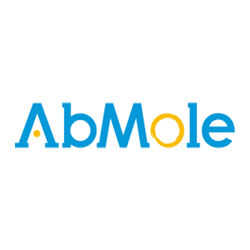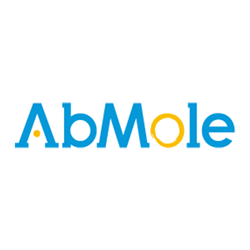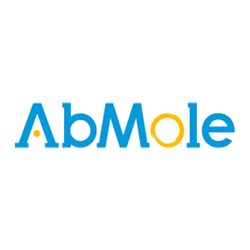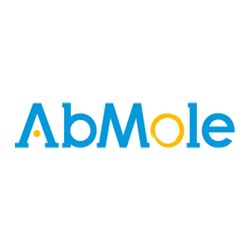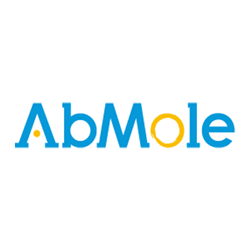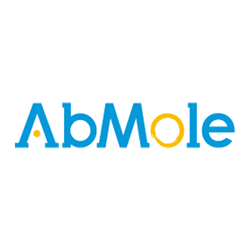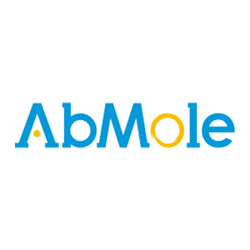Antibody
- Instrumentos
- Agitadores / Agit. Incubadores
- Orbitales
- Con Incubación
- Incubadores Gran Capacidad
- Lineales, Balanceo y 3D
- Incubadores Microplacas
- Para colocar en estufa
- Magnéticos
- Mezcladores /Roller /Rotatorios
- Agitadores de Paletas
- Jeio Tech Accesorios para Agitadores
- Benchmark Accesorios para Agitadores
- N-Biotek Accesorios para Agitadores
- Biosan Accesorios para Agitadores
- Labnet Int. Accesorios para Agitadores
- Vórtex
- Analisis Imagen, animales, plantas, geles
- Balanzas
- Baños Termostáticos
- Cabinas Flujo / Extraccion gases / PCR
- Centrifugas
- Detectores de Radioactividad
- Electroforesis
- Electroquímica
- Equipos Microplacas
- Espectrofotometros
- Experimentacion Animal
- Hornos de Hibridacion
- Homogeneizadores
- Estufas / Equipos calor, frio
- Luminómetros de Tubos
- Microbiologia
- Pipetas / Dispensadores
- Pipetas Labnet Int. Monocanales Automaticos
- Pipetas HTL Monocanales Automáticas
- Pipeta Accumax Mono y Multicanales
- Pipetas Labnet Int. Multicanales
- Pipetas HTL Multicanales
- Pipetas Volumen Fijo
- Pipetas Electrónicas
- Dispensadores
- Dispensadores de Botella
- Pipetas Biosan Monocanales
- Pipetas Biosan Multicanales
- PCR / Tiempo Real (qPCR)l / Cicladores
- QPCR, Sistemas automaticos
- Sonicadores / Ultrasonidos
- Ultracongeladores
- Bombas Jeringa / Vacio / Osmoticas
- Ultracentrífugas
- Micro Array label free
- Contadores de Células
- Contenedores Criogenicos
- Producción agua ultrapura
- Electrospinning
- Agitadores / Agit. Incubadores
- Reactivos
- Consumibles
- Catálogos PDF
Antibody Hay 61873 productos.
Obinutuzumab
Obinutuzumab (GA101) is a fully humanized monoclonal antibody that binds to an epitope on CD20.
Ofatumumab
Ofatumumab is a humanised anti-CD20 monoclonal antibody, which appears to inhibit early-stage B lymphocyte activation.
Aflibercept
Aflibercept is a vascular epidermal growth factor (VEGF-A and PlGF) receptor inhibitor that inhibits the growth of neovascularization. It can be used to study a variety of diseases caused by ocular neovascularization.
Secukinumab
Secukinumab (AIN457) is a high-affinity monoclonal antibody against interleukin (IL-17A). Secukinumab (AIN457) is the first-in-class anti-IL-17 agent to be used in studies of plaque psoriasis, ankylosing spondylitis, and psoriatic arthritis.
Trastuzumab
Trastuzumab is a humanized, recombinant monoclonal antibody that binds to the extracellular domain of HER2, MW:145.53 KD.
Evolocumab
Evolocumab (AMG 145) is a fully human monoclonal antibody that inhibits proprotein convertase subtilisin/kexin type 9 (PCSK9). Evolocumab binds to circulating PCSK9 protein and inhibits its binding to LDLR.
Tocilizumab
Tocilizumab is a humanized monoclonal antibody that binds to the interleukin-6 receptor. Tocilizumab prevents binding of IL-6 to the IL-6R, thereby inhibiting both classic and trans-signaling. Tocilizumab can be used for the research of rheumatoid arthritis and COVID-19.
Alirocumab
Alirocumab is a humanized IgG1 PCSK9 monoclonal antibody that can be used in the study of hypercholesterolemia.
Recombinant Human IFNγ (CHO)
Human Interferon gamma (hIFN-γ) (CHO) is a dimerized soluble cytokine that is the only member of the type II class of interferons.
Daratumumab
Daratumumab (Daratumumab) is a first-in-class, specific anti-CD38 monoclonal antibody (IgG1). (for human or immunodeficient mice).
Aflibercept
Aflibercept is a vascular epidermal growth factor (VEGF-A and PlGF) receptor inhibitor that inhibits the growth of neovascularization. It can be used to study a variety of diseases caused by ocular neovascularization.
Ofatumumab
Ofatumumab is a humanised anti-CD20 monoclonal antibody, which appears to inhibit early-stage B lymphocyte activation.


